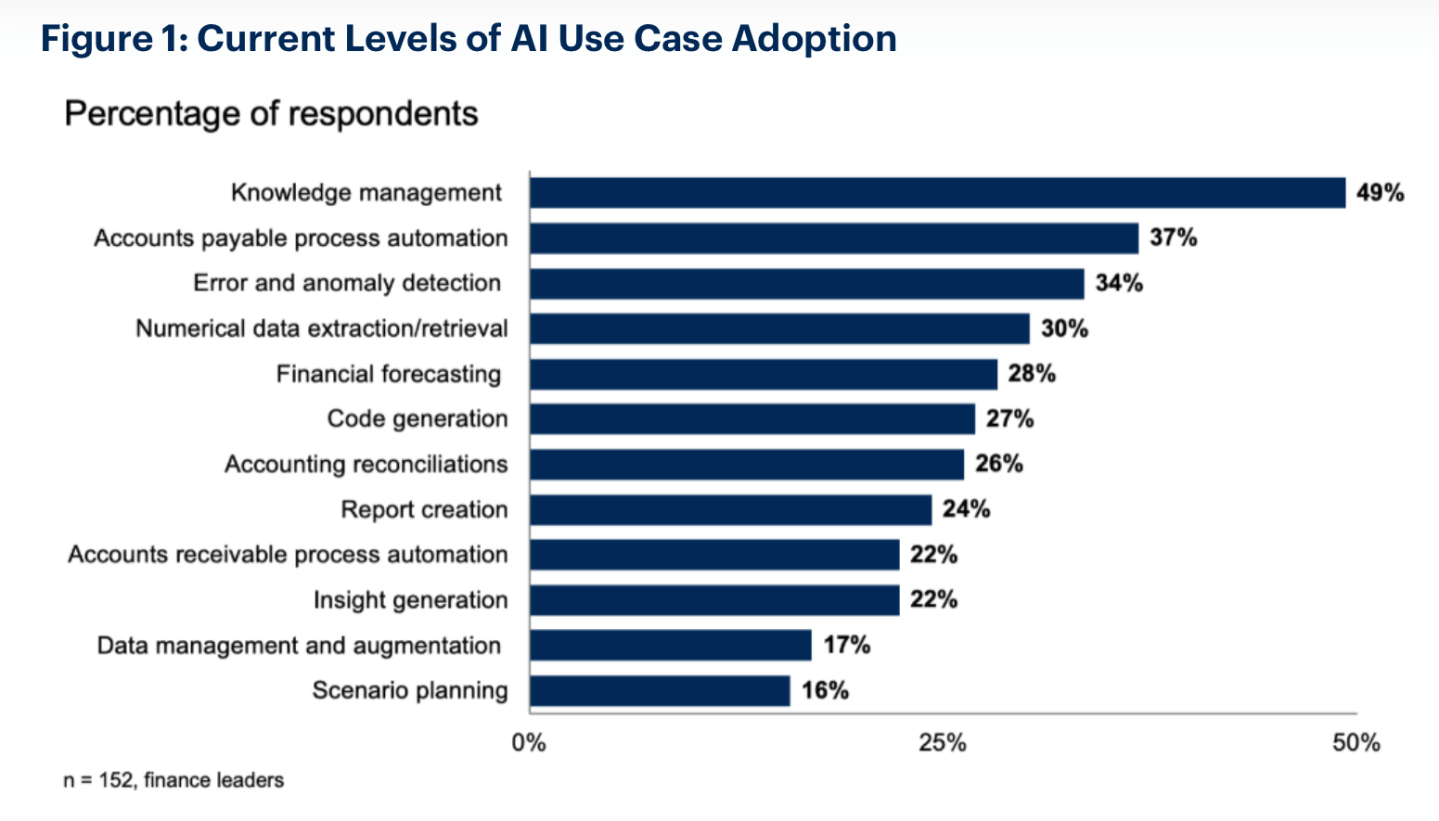Good morning. AI is reshaping jobs faster than workers can retrain for them.
“The skills we need in the AI age are fundamentally different from before,” said Charu Mahajan, senior partner and VP of IBM Consulting APAC, during a panel session moderated by Fortune’s Jeremy Kahn at the Fortune Innovation Forum in Kuala Lumpur, Malaysia, on Tuesday.
“There’s a greater emphasis on data literacy,” Mahajan said. “And it’s not just about being an advanced data professional.” It now entails working with machines and understanding what human collaboration with them looks like, she said. Being data fluent—and knowing how to work with agents and robotics—is becoming essential.
‘Thinking outside the box’
For employers, it’s not just technical skills that are most sought after. According to Mahajan, IBM’s CEO research reveals that “the emphasis and premium on creativity, thinking outside the box, and being able to be innovative have become really important.”
There remains an emphasis on hiring younger people, but increasingly those who come from fields or areas that may be diametrically opposed to what a business traditionally focuses on, Mahajan said. “There is a greater emphasis on: How do you bring in creative people?” she said. “Because fundamentally, with AI, you will need people to truly be innovative.”
This marks a dramatic shift from the previous decade, when coding and STEM credentials were seen as essential for a competitive career. As Mahajan points out, technology is becoming a commodity.
“You don’t find yourself hard-pressed for technology, because you have models and technology agents available to you,” she said. The real differentiator now is having people who know how to use these tools and work with them—skills like prompt engineering and the human intervention needed to leverage technology, she explained. Using technology creatively is where the value now lies, she said.
A startup mindset for the AI age
Achmad Zaky, a founding partner of Init 6, an investor fostering startups in Indonesia, said that success in the AI era also relies on an “experimental spirit.” Speaking during the panel session, he credited the most effective founders with always being curious about the future, trying new things, and learning from failure. The main characteristic of successful founders, he said, is the willingness to try, fail, and try again—each time pushing harder.
Major corporations are slowly adapting, but many still struggle to adopt the startup mentality that rewards experimentation over perfection. AI has made businesses rethink the kinds of skills—and the “spirit of failure”—they need to keep experimenting, Mahajan said. Many companies are stuck in “pilot purgatory,” constantly trying to innovate with AI but going nowhere, she said. What’s happening is that while many are beginning to experiment with these technologies, they don’t yet have the skills to adapt, she added.
Mahajan argues that success requires breaking down traditional corporate silos: Technology is present across all functions—it’s no longer just the remit of the CIO or CTO, she said.
You can watch the complete panel session here.
Sheryl Estrada
sheryl.estrada@fortune.com
Leaderboard
Cor van den Berg was appointed CFO of Sunsweet Growers Inc., a global leader in dried fruit and beverage categories. He joins Sunsweet with more than 25 years of financial leadership experience. Most recently, van den Berg served as CFO at Darigold (Cooperative). Before that, he held CFO and other key finance and strategy positions at Mars, Inc. and City of Hope.
Scott Lipman was promoted to CFO of Avenzo Therapeutics, Inc., a clinical-stage biotechnology company. He will continue to serve as the company’s chief business officer. Lipman succeeds Paolo Tombesi, who has retired from his CFO role. Lipman joined Avenzo in March 2023 as SVP of corporate development and was promoted to chief business officer in November 2024. Previously, he was on the leadership team at Turning Point Therapeutics, where he played a key role in its acquisition by Bristol Myers Squibb.
Big Deal
The 2025 Gartner AI in Finance survey of 183 CFOs finds that adoption of AI technology this year is consistent with last year, with 59% of finance leaders reporting its use in their finance function.
Three use cases have been adopted by more than a third of respondents who have implemented AI in their departments. Knowledge management—helping organizations organize, retrieve, and leverage information for better decision-making—is the most common AI use case (49%) in finance organizations, followed by accounts payable process automation (37%) and error and anomaly detection (34%), according to Gartner.

Going deeper
"Nvidia blows past revenue targets and forecasts trillions in AI infrastructure spending by end of decade" is a Fortune article by Sharon Goldman.
Goldman writes: "Nvidia blew past Wall Street financial targets in its third quarter, posting a 62% surge in revenue and better-than-expected growth for the current quarter, as executives shrugged off concerns of a potential AI bubble and added fuel to the fire, forecasting trillions of dollars in industry-wide spending on AI infrastructure by the end of the decade. 'There’s been a lot of talk about an AI bubble,' Nvidia CEO Jensen Huang said during a conference call on Wednesday. 'From our vantage point, we see something very different.' Read the complete article here.
Overheard
"Tonight, the markets and tech stocks got a 'pop the champagne' moment."
—Wedbush Securities analysts wrote in an industry note on Wednesday night regarding Nvidia's robust earnings and guidance. "Nvidia gave January guidance of $65 billion vs. the Street's $61.7 billion estimate, an eye-popping guidance raise that will be a major positive catalyst for Nvidia and the bullish AI Revolution thesis," according to the analysts.













